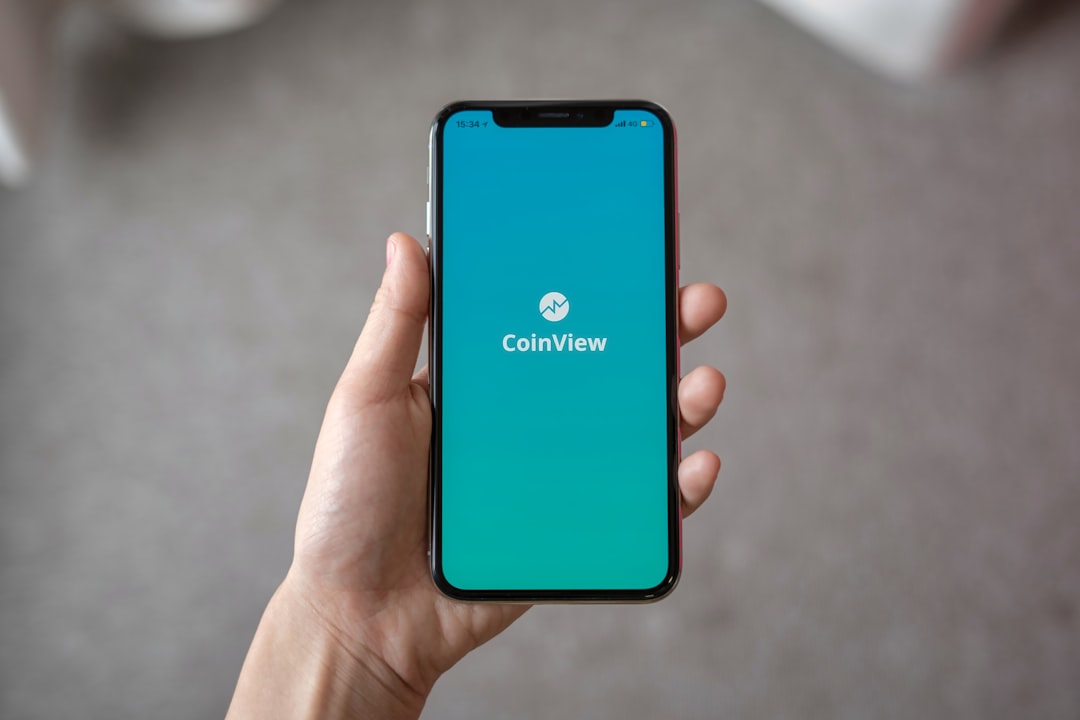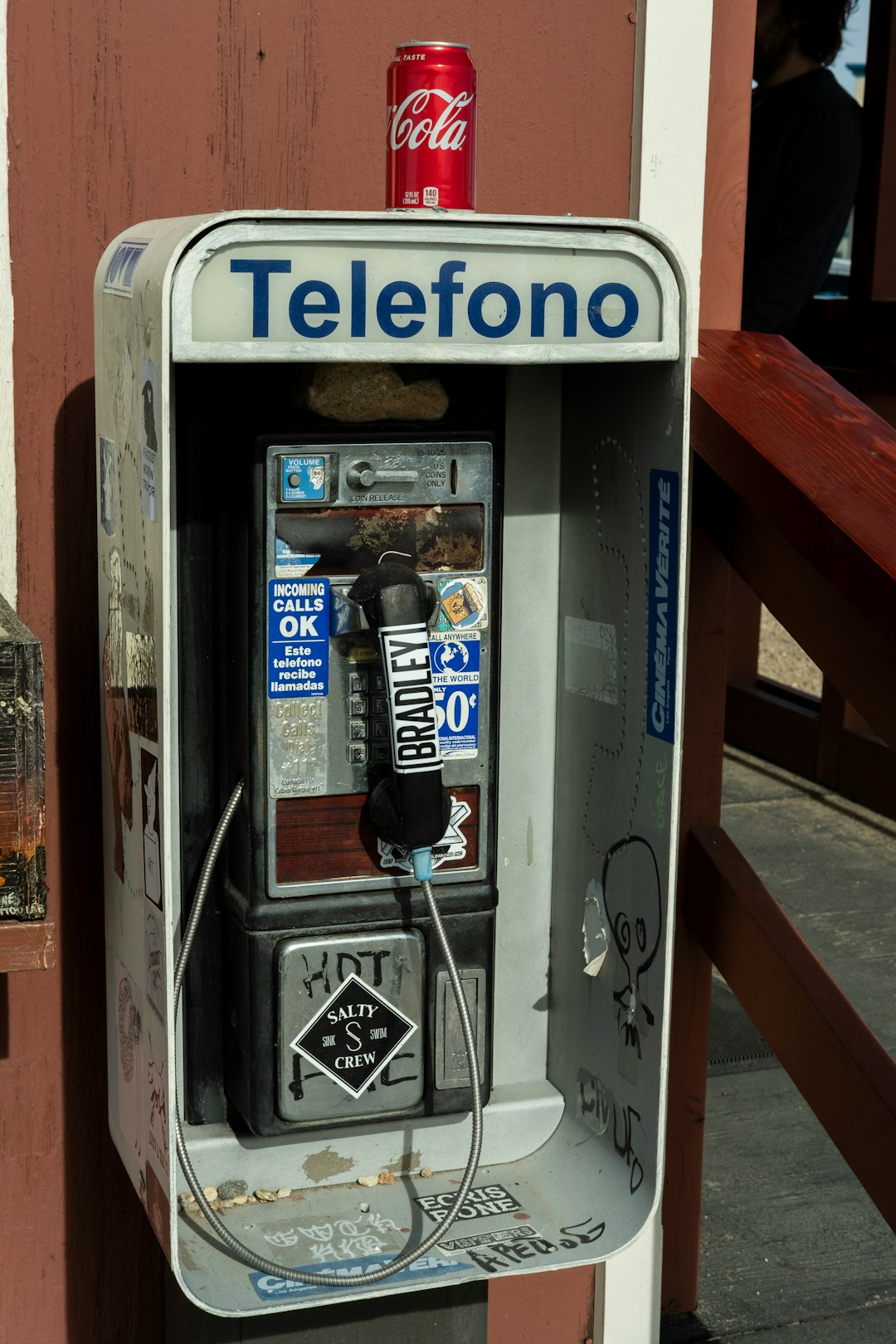Spam calls targeting Montana schools, especially in Missoula, have increased, causing disruptions and stress. Schools are responding by implementing strict anti-spam measures, partnering with local spam call law firms to enforce state regulations against unauthorized automated marketing. This includes using advanced caller ID systems, AI-driven blocking tools, educational initiatives, and collaboration with law enforcement to create a safer communication environment and protect students and educators from unwanted intrusions by spam call law firms.
Missoula schools are increasingly facing the challenge of spam calls, which can disrupt teaching and learning environments. This article explores the growing problem of unsolicited phone calls targeting educational institutions in Montana. We delve into the legal framework that addresses spam call law firms operating within the state, highlighting the importance of proactive measures to combat this nuisance. By examining effective anti-spam strategies, schools can enhance their safety protocols and create a more focused and productive learning atmosphere.
Understanding Spam Calls and Their Impact on Schools

Spam calls, often targeting schools, have become a growing concern in recent years. These unwanted phone communications, typically from call centers or automated systems, can disrupt teaching and learning environments. Students and educators alike may experience stress and anxiety due to the frequent and persistent nature of these calls, which often promote illegal or questionable services. In Missoula, as in many parts of Montana, schools are navigating the challenges posed by spam calls, aiming to protect their communities from potential harm.
The impact of spam calls extends beyond mere annoyance. They can be a significant distraction during classroom activities and administrative hours, leading to loss of productivity and focus. Worse still, some spam calls may contain misleading or harmful content aimed at students, potentially exposing them to inappropriate information. This has prompted many schools across Montana, including those in Missoula, to implement robust anti-spam call measures, often involving collaboration with local law firms specializing in such issues to ensure compliance with state regulations and the ultimate safety of their students.
Montana's Legal Framework Against Spam Call Law Firms

In Montana, including the city of Missoula, there is a robust legal framework in place to combat unwanted spam calls, particularly from law firms. The state’s telecommunications laws explicitly address and penalize unauthorized automated phone marketing, providing residents with protections against intrusive and deceptive practices. These laws empower consumers to take action against spam call law firms by reporting such calls to the appropriate authorities.
The Montana Division of Banking and Financial Institutions plays a pivotal role in enforcing these regulations, ensuring that businesses, including law firms, adhere to ethical marketing standards. This state’s stringent approach to spam call law firms reflects its commitment to safeguarding citizens from annoying and potentially harmful solicitation, promoting a peaceful and respectful environment for all residents.
Implementing Anti-Spam Measures in Missoula Educational Institutions

Missoula schools are taking proactive measures to combat an increasingly pervasive issue: spam calls. With the rise of automated telemarketing and robocalls, students, teachers, and staff have been subjected to unwanted phone harassment. To address this growing concern, several educational institutions in Montana have implemented anti-spam strategies. These efforts not only aim to create a safer learning environment but also comply with state laws designed to protect citizens from intrusive marketing practices.
Local law firms specializing in telecom regulations play a crucial role in guiding schools through the process. They assist in identifying and enforcing legal protections, such as the Montana No Call Registry, which allows residents to opt-out of most telemarketing calls. By educating both students and staff about these laws and implementing robust filtering systems, Missoula’s schools are taking significant steps towards minimizing spam calls and ensuring a more peaceful learning atmosphere.
Effective Strategies to Block Unwanted Phone Calls

Missoula schools are adopting effective strategies to block unwanted phone calls, including spam from law firms in Montana. One powerful method is implementing robust caller ID systems that identify and filter out suspicious or unknown numbers before they reach students’ and staff members’ devices. These systems can be integrated with automated call blocking tools that use artificial intelligence to learn patterns of spam calls and efficiently prevent them from disrupting educational activities.
Additionally, schools are educating their communities about the dangers of answering unsolicited calls and sharing personal information. Training sessions on cybersecurity and privacy measures equip students and staff with knowledge to recognize potential scams and block unwanted callers. Collaboration with local law enforcement agencies and Montana’s spam call law firms further strengthens these defenses, ensuring a safer communication environment for everyone involved.
Enhancing Safety: A Holistic Approach for Missoula Schools

Missoula schools are taking a proactive approach to enhancing safety for students and staff by implementing robust Spam Call Prevention Programs. These initiatives go beyond simply blocking unwanted phone calls; they involve a holistic strategy that includes education, technology, and policy. By educating students about potential risks associated with unknown numbers and utilizing advanced call screening tools, schools aim to create a safer environment.
The integration of spam call law firms in Montana further solidifies this effort. These legal experts provide guidance on navigating the complex landscape of communication laws while ensuring that effective spam call mitigation measures are in place. This collaborative approach not only protects against nuisance calls but also empowers students and educators to make informed decisions, fostering a culture of digital literacy and security within Missoula’s academic community.






